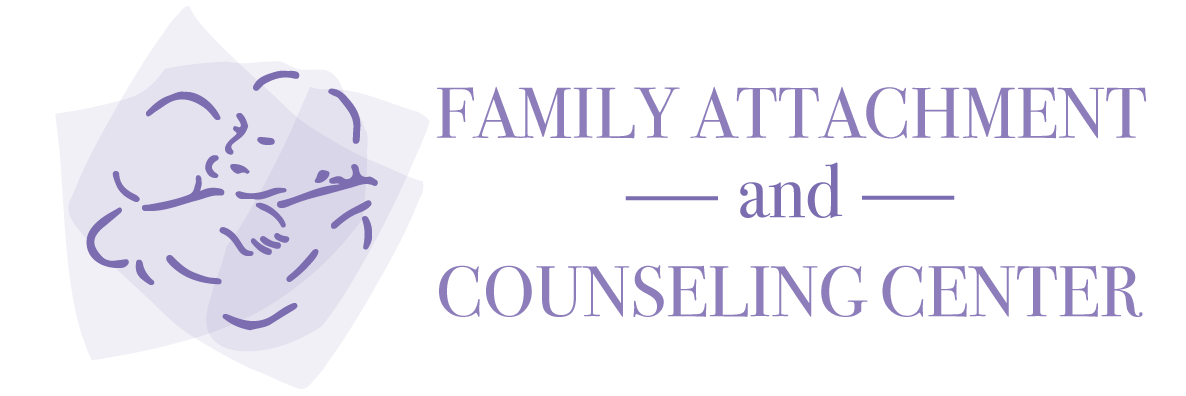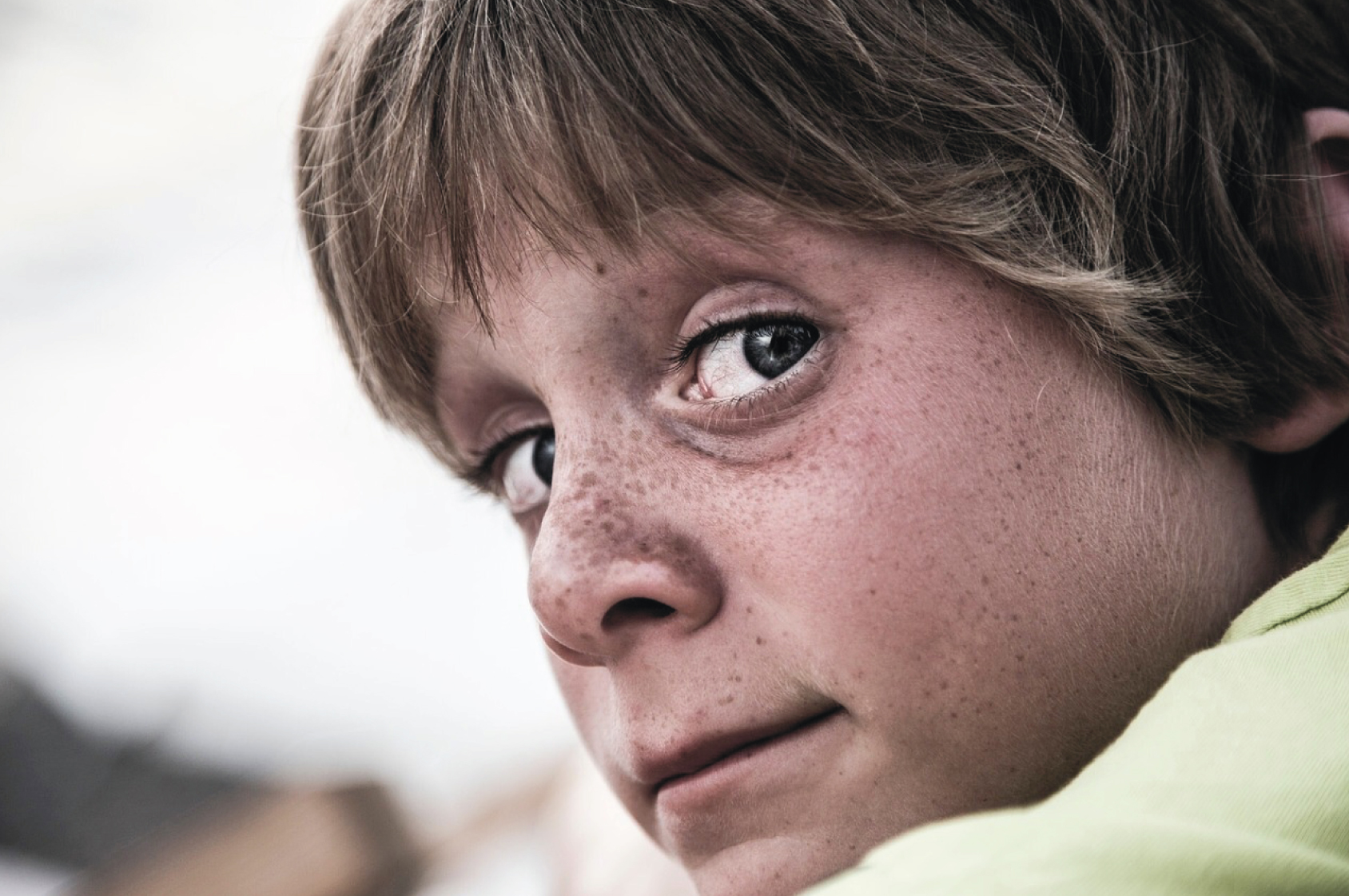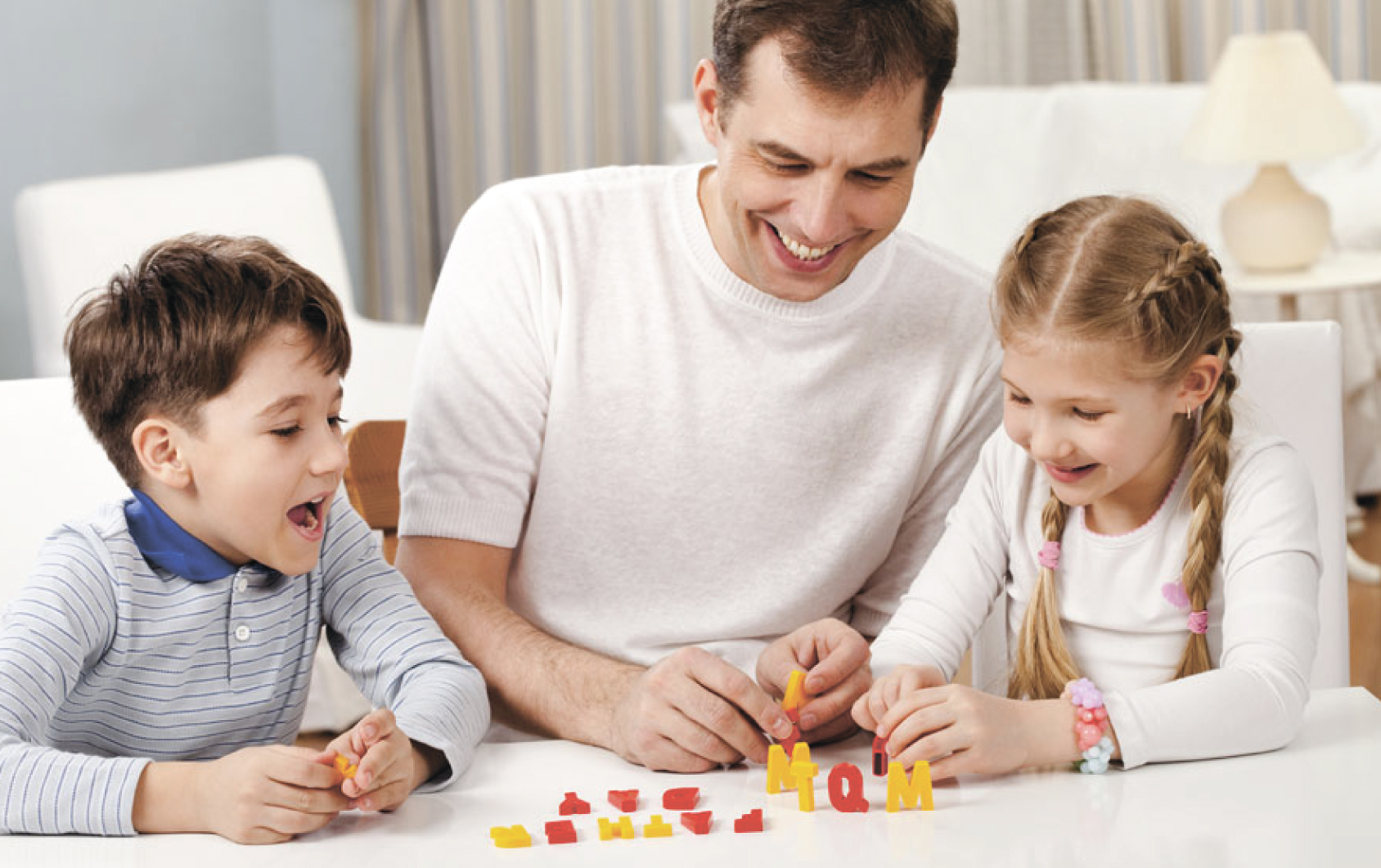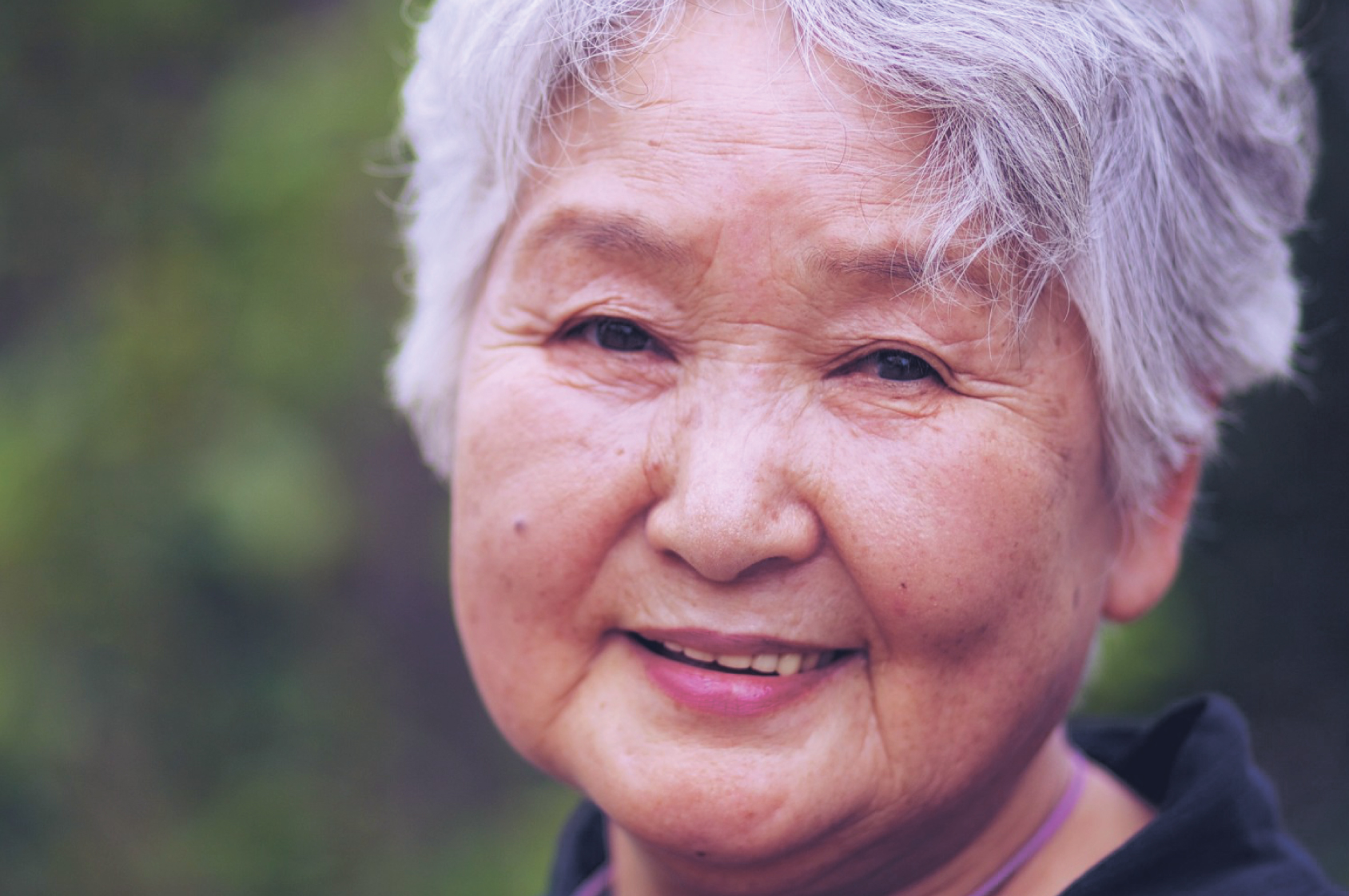Therapy for Adults
The Family Attachment Center works with adults on a variety of issues including complex trauma, posttraumatic stress disorder, anxiety and depression, marital relationships, and family issues. We have insurance arrangements with most companies, including Medica, United Behavioral Health/Optum, BlueCross BlueShield, Preferred One, Medicare, Cigna, Aetna, and HealthPartners. To get started, please contact Todd Nichols, PhD, LP at 952-234-4632 or via email.
Therapy for Children & Adolescents
We provide a full range of therapeutic services to children and adolescents, ranging from traditional weekly therapy to more intense options. Due to our expertise in working with early childhood trauma, our staff is equipped to address complex issues. We can help, whether your child is struggling with relationship issues, anger, anxiety, attention and focus problems, depression, friendships, grief and loss, school and learning, or traumatic life events.
- Attachment Assessments
- Testing
- Cognitive Behavioral
- Filial Therapy
- Groups
- Play Therapy
- EMDR
- Audio Visual Entrainment
- Neurological Reorganization
- Weekly Attachment Therapy
- Family Attachment Narrative Therapy for Children
- Trauma-Focused Cognitive Behavioral Therapy (TF-CBT)
Child and adolescent therapy starts with a thorough assessment to determine treatment needs. No referral from an outside agency is necessary. We have insurance arrangements with several companies, including Medica, United Behavioral Health, Blue Cross Blue Shield of Minnesota, Preferred One, and HealthPartners. To get started, call Executive Director Todd Nichols or Denise Lacher, MA, LP at 952-234-4637 or email them by clicking on their name.
Trauma-Focused Cognitive Behavioral Therapy (TF-CBT)
TF-CBT is an evidence-based, structured therapy designed to help children ages 3 to 17 and their families manage feelings, talk about the trauma, and develop plans for feeling safe in the future. TF-CBT is used across the country and has been shown to significantly decrease short-term and long-term negative effects of trauma. More information is available at https://tfcbt.musc.edu/.
For more information about this service at the Family Attachment Center, contact Todd Nichols, PhD, LP (e-mail).
Neurological Reorganization
Neurological Reorganization (NR) is a movement therapy designed to address developmental gaps in an individual’s psychobiology. Originally developed as a rehabilitative therapy for brain injured children, NR has been effective in working with non-progressive brain injuries and issues of autism, mood, attention and focus, learning, and trauma. For further information on this program, contact Melissa Nichols, MA, LMFT, NR Certified Practitioner at Melissa@familyattachment.com.
Group Programs
Social Skills Group!
FACC offers a regular social skills group for children ages 6 to 14. Topics rotate, but all sessions contain a strong emphasis on CBT regulation and coping strategies, facilitating healthier communication, and developing gratitude. An experiential program, this group helps children and adolescents navigate social situations under the guidance of experienced staff members. Entrance into the groups can occur at any time. A typical group is as follows:
The Secrets of Super Heroes: FACC is offering an seven-week social skills group entitled The Secrets of Super Heroes. As part of this session, children will work on rules regarding social interaction, positive affirmations as they navigate social situations, regulation tools, and coping strategies. We will also work on being a good team member and play a lot of games to practice this skills!
Typical Schedule for Group
5-5:30 p.m. Check-in & eat, goal setting (group and individual),
5:30-6:30 p.m. Physical/Group Recreation @ outdoors or components of neurological reorganization/SMART at clinic
6:30-7:00 p.m. Staff Teaching
- Introduction of new material to be memorized
- Lesson including story, role play, game, or experiential learning
6:00-7:20 p.m. Craft
7:20-7:30 p.m. Wrap-up/Review of Evening/Clean-up
If interested in attending this group, please contact Melissa Nichols at 952-475-2818, ext. 1010 to register.
Adult Women’s DBT Group
Adult women Dialectical Behavioral Therapy Group is facilitated by Melissa Nichols, MA, LMFT and meets Tuesdays in January 2024 from 5-6:30 p.m. The group is based on Marsha Linehan’s pioneering DBT work, but with enhancements to highlight Christian principles. If interested in the group, email Melissa or call 952-475-2818, ext. 1010.
Created by God: Prayer Therapy Group for Women
Peace, Purpose, & Happiness
Today’s life is filled with struggles. How does one fine contentment, peace, even joy? This group focuses on ingredients of happiness through the implementation of service, connection, acceptance, and forgiveness.
Assessment and candid guidance amidst a supportive community is offered to help each individual explore the sacred in their lives through prayer, fellowship and accountability.
Prayer is a key component to this group. However, it is not necessary to have a faith or religious affiliation to join this group. We thrive to make prayer a practice in honesty–to search and reveal all the fear, guilt, hate, and inferiority in our mind and keep our eyes focused on the concept of the Healing Power–a God of love.
This group meets on Tuesdays beginning in September 13, 2023 at 5-6:30 p.m. For more information or to register, contact Melissa at 962-475-2818, ext. 1010.
Attachment Disorder Therapy
The quality of care during the first months and years of life has important implications for a child’s development. A baby is completely dependent on a caregiver to fulfill the basic needs of food, comfort and safety. Nurturing fulfillment promotes optimal development and facilitates a secure attachment relationship between caregiver and child.
However, maltreatment such as abuse or neglect may compromise development and cause social, cognitive, emotional and behavioral problems as the child grows. Children who experienced maltreatment early in life may suffer from a condition called attachment disorder.
Our Family Attachment Narrative Therapy Program is designed for children and adolescents between the ages of 3 and 21 who are suffering the long term effects of maltreatment experienced early in life.
Family Attachment Narrative Therapy Intensive Program
Our Family Attachment Narrative Therapy Program is designed for children and adolescents between the ages of three and twenty-one who are suffering the long term effects of maltreatment experienced early in life. Their behavior is often unusual and may be described as withdrawn, clingy, dependent, anxious, aggressive, defiant, violent, oppositional, and destructive. Lasting behavioral improvement is likely to occur only after underlying attachment, trauma and developmental issues are addressed.
The program starts with a thorough assessment to determine a treatment plan. If the intensive program is indicated, the family meets two to three hours daily with a team of therapists, usually for a 2-week period. Toward the end of the intensive period the therapist makes specific recommendations for follow up therapy, which may include our day treatment program, weekly follow up or other options.
Our treatment approach is gentle and nonintrusive, yet intensive and powerful. The program is guided by the belief that parents are the primary healing agents for children, and builds on parent knowledge about the child’s internal motivations. Our therapists train parents to create narratives that increase feelings of security, address issues in the child’s history and help the child reach new conclusions about his or her life experiences.
With the necessary support, parents are able to attune to their child and provide the sensitive, caring experiences missed in their early years. This helps the child take a new perspective on life and provides a pathway for an improved future. Parents, along with the therapists, create four types of attachment narratives, unique to the child.
- Claiming — Used to communicate that from the beginning the child deserved love and care. Also used to impart family traditions and history.
- Developmental — Helps the child to progress properly through necessary stages of development.
- Trauma — Addresses trauma history and helps the child gain a new understanding of life events.
- Successful child — Teaches positive core standards for behavior.
Other therapeutic techniques may be used, including Eye Movement Desensitization and Reprocessing (EMDR), audio-visual entrainment (AVE), non-directional play therapy, and family or individual counseling. The environment of physical and emotional nurturing permits powerful healing in both the child and parents.
Social Skills Group
Our social skills group offers follow up in a group setting. The goals for attendees usually include improving peer relations, behavior, and self regulation, all in a peer setting. The curriculum uses socialization therapy and recreation therapy in addition to group psychotherapy.
All children in the program have behavioral problems and come from backgrounds that include neglect, abuse, foster care, and/or adoption. In most groups, these factors make a child different. In this specialized setting, these experiences are normalized, which gives the children opportunities for success in a group they may have never experienced.
The group lasts 2.5 hours per day. At least one hour consists of group psychotherapy and the remainder of time is spent focusing on social skills, life skill, and recreation therapy. Throughout the session, therapists give children feedback. Behavior is labeled in terms of core standard of good behavior such as respect, responsibility, trustworthiness, fairness, caring, giving and receiving love, and being fun to be around. Children are held accountable for their behavior choices.
The overriding goal is to give the children an opportunity to experience success in a social setting in an effort to shift their inner working model to a more positive, functional one. Children between the ages of 6 and 14 are considered for admittance. Currently, the program is offered one day per week in the summer months and every other week in the academic year. For information on fees, please see the fee schedule.
Therapy for Senior Citizens
Change, which is common in later life, can contribute to a depression experienced by many senior citizens. Often, seniors who have lived very functional lives experience difficulty as they move into the retirement years. The older adult may struggle with loss of purpose, increased helplessness, declining health, social isolation, and loneliness due to the loss of friends and/or spouse. Depressive symptoms have been found to occur in 15% to 36% of outpatient community residents over the age of 65 and may include the following symptoms:
- Feelings of pessimism or hopelessness
- Recurring physical pain that does not respond to medical treatment
- Irritability
- Feelings of guilt or worthlessness
- Excessive crying
- Fatigue or decreased energy
- Irregular sleep patterns including insomnia or oversleeping
- A loss of interest in usual activities









